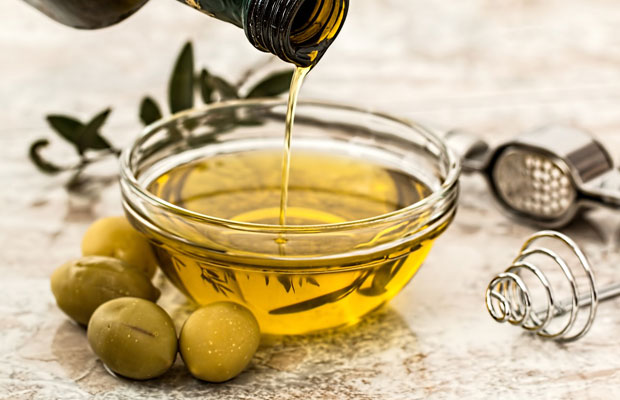1. Eat more fruit and salad

Make sure you eat fruit and veg at every meal and choose them as snacks and puddings too. For a flavour of the Med, try our watermelon, butter bean and orange salad. Make a green salad more interesting by introducing tomatoes and peppers, and fruits such as figs, pomegranates, citrus fruits and grapes.
2. Have meat-free days
The Mediterranean diet typically includes more fish and less meat. Going for fish, beans and pulses is a good way to increase your protein. Try our ribollita (pictured) or seafood paella, both of which are quick and easy to make.
3. Focus on ‘good’ fats

Unsaturated fats are the main type of fat used in the Mediterranean, most famously olive oil. Replace butter, lard and ghee with unsaturated oils from plants and seeds such as olive and rapeseed oil. This can help to lower your cholesterol levels.
4. Make it your own

Mediterranean flavours may not lend themselves to all cuisines, but that doesn’t mean you can’t still adopt some of the elements of this approach. For example, if you are cooking a spicy dish such as curry and you’re looking for a healthier alternative to ghee, coconut or palm oil, why not try rapeseed or sunflower oil? Like olive oil, these are unsaturated fats but they have more of a neutral flavour.
5. Drink sensibly

Many people assume that wine is a key element of the Mediterranean diet, but it is optional. If you do drink, it’s important to keep it in moderation.












